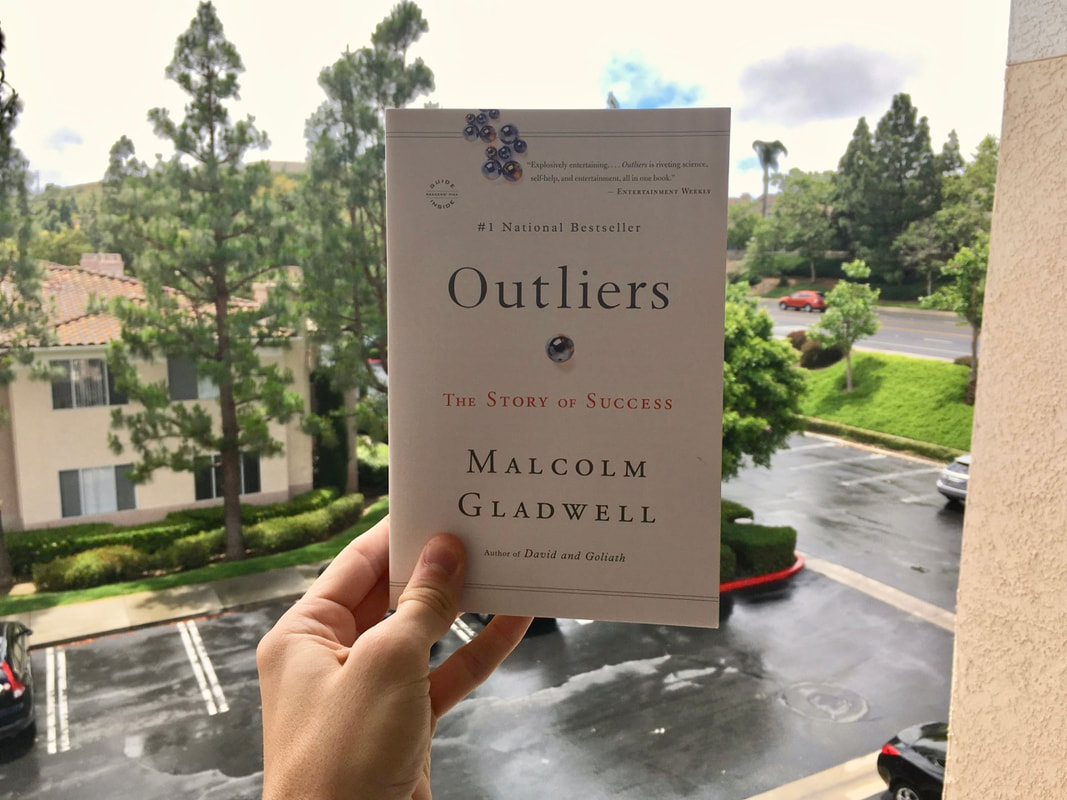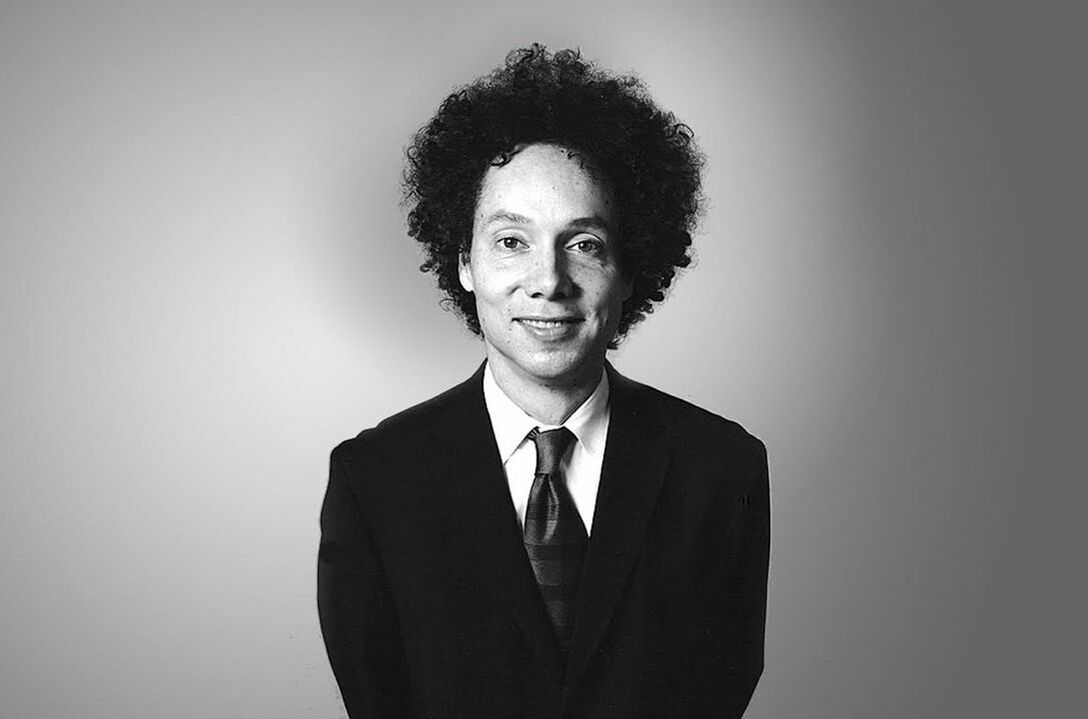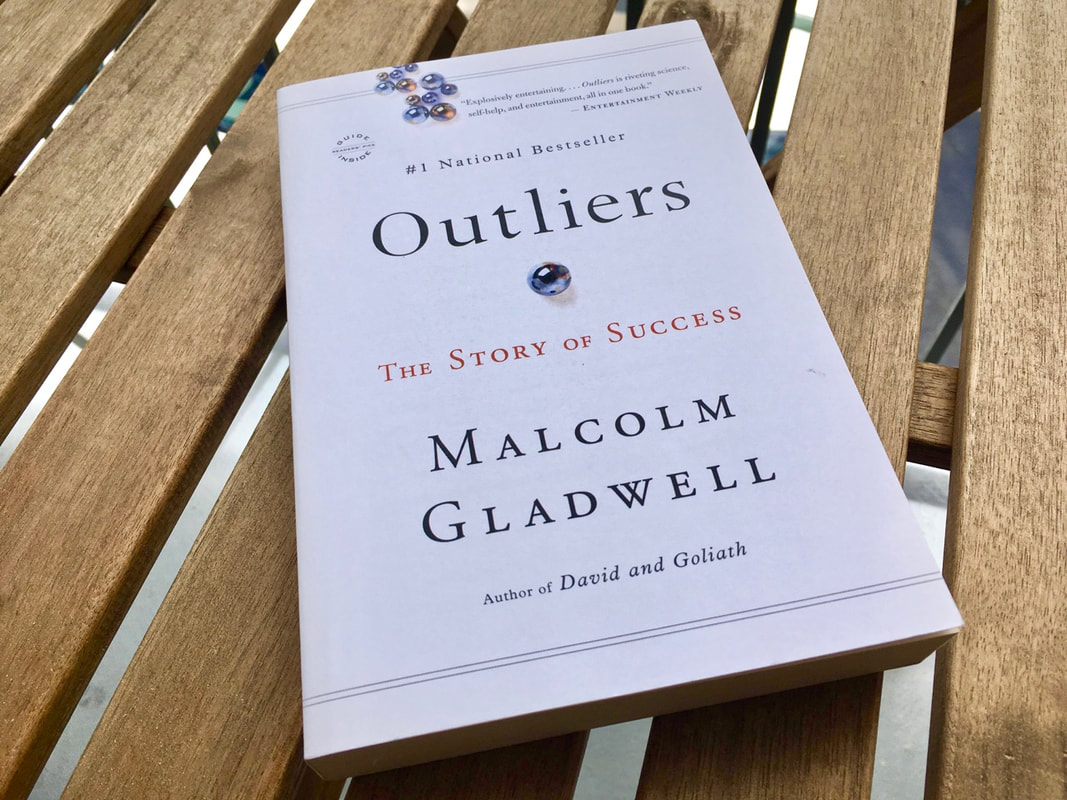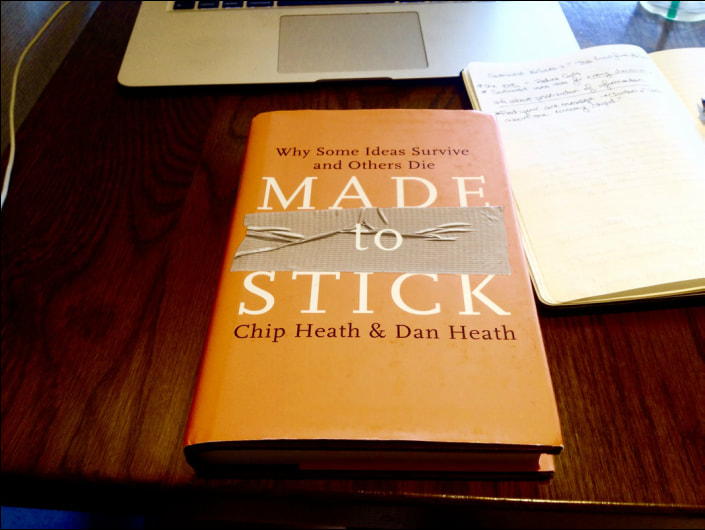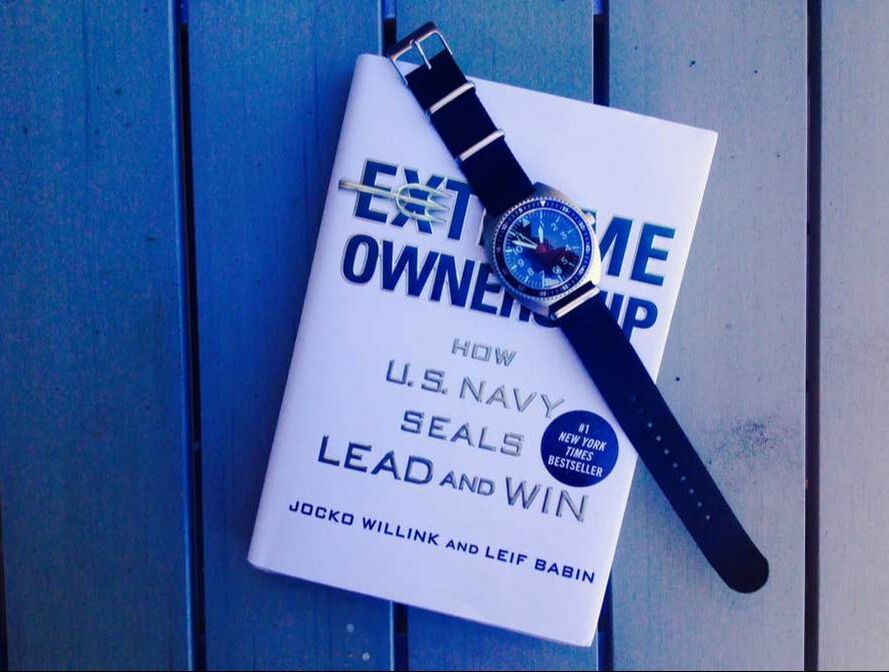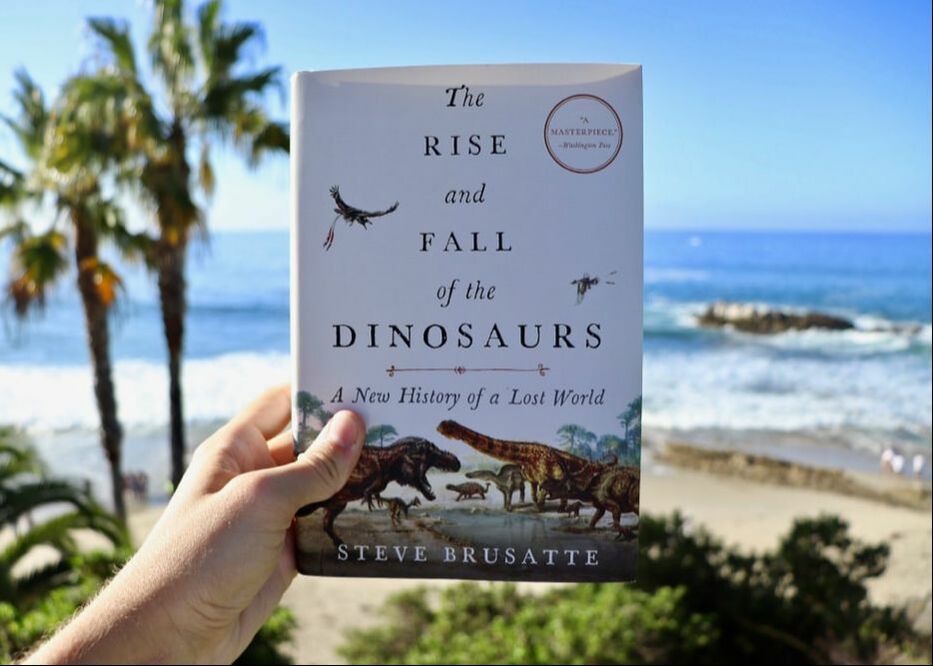“Success is not a random act. It arises out of a predictable and powerful set of circumstances and opportunities.”
— Malcolm Gladwell, Outliers
40% of NHL players are born in January, February or March. Why? The Beatles performed 1,200 times before achieving global success. Where? Einstein's IQ was 30% lower than some colleagues' own, yet he won a Nobel Peace Prize. How? Commercial pilots who crash planes are often born in the same countries. Where?
In Outliers: The Story of Success, bestselling author Malcolm Gladwell aims to challenge our common notions of intelligence, ambition, and personality traits as the end-all-be-all recipe for achievement. Rather than confirming existence of the purely "self-made man," his analysis of various high achievers and statistical outliers, suggests a strong influence of environmental factors. Some factors are controllable, like Bill Gates choosing to spend his summer vacations in his high school computer lab learning to code. Some factors were less controllable, like whether or not he had access to a computer lab. While, I do take issue with some Gladwell's commentary and conclusions regarding the examples, I think he's also making some very reaffirming, empowering observations about how to be more 'self-made' and how to overcome those 'uncontrollable' factors.
For instance, one of Gladwell's observations that's become a cultural meme of sorts is the 10,000 Hour Rule, the idea that mastery of any craft across all disciplines requires a minimum of 10,000 hours. The Beatles' 1,200+ performances in Hamberg at after hour jazz clubs was their training ground. They improved their stage presence, crafted nearly three albums worth of songs, and networked with the music community. The Beatles had a virtual monopoly on these German clubs because the other rock n' roll bands of England were less motivated to make the trip off-island to go perform for a weekend. They chose to put themselves in the right environment weekend after weekend for nearly two years, working long nights.
The marriage of will and habits with environment is what I saw in Gladwell's brilliant collage of case studies. If anything, I gleaned from these stories that the story of success is attainable for everyone. We may not achieve outlier-level success, but by better understanding our advantages and disadvantages for a given situation, we're more equipped to advance toward our goals, then assess, advance, reassess, and choose to push on or start a new story. [JG]
In Outliers: The Story of Success, bestselling author Malcolm Gladwell aims to challenge our common notions of intelligence, ambition, and personality traits as the end-all-be-all recipe for achievement. Rather than confirming existence of the purely "self-made man," his analysis of various high achievers and statistical outliers, suggests a strong influence of environmental factors. Some factors are controllable, like Bill Gates choosing to spend his summer vacations in his high school computer lab learning to code. Some factors were less controllable, like whether or not he had access to a computer lab. While, I do take issue with some Gladwell's commentary and conclusions regarding the examples, I think he's also making some very reaffirming, empowering observations about how to be more 'self-made' and how to overcome those 'uncontrollable' factors.
For instance, one of Gladwell's observations that's become a cultural meme of sorts is the 10,000 Hour Rule, the idea that mastery of any craft across all disciplines requires a minimum of 10,000 hours. The Beatles' 1,200+ performances in Hamberg at after hour jazz clubs was their training ground. They improved their stage presence, crafted nearly three albums worth of songs, and networked with the music community. The Beatles had a virtual monopoly on these German clubs because the other rock n' roll bands of England were less motivated to make the trip off-island to go perform for a weekend. They chose to put themselves in the right environment weekend after weekend for nearly two years, working long nights.
The marriage of will and habits with environment is what I saw in Gladwell's brilliant collage of case studies. If anything, I gleaned from these stories that the story of success is attainable for everyone. We may not achieve outlier-level success, but by better understanding our advantages and disadvantages for a given situation, we're more equipped to advance toward our goals, then assess, advance, reassess, and choose to push on or start a new story. [JG]
ABOUT MALCOLM GLADWELL
Malcolm Gladwell is the author of five NY Times #1 bestsellers: The Tipping Point, Blink, David and Goliath, Talking to Strangers and What the Dog Saw. He's also the host of Revisionist History, a podcast that reexamines overlooked and misunderstood historical events, people, and places. It became the #1 podcast in the U.S. and #2 in the U.K. in its first season (2016). I particularly enjoyed S2:Ep2, "The Road to Damascus," the story of an Islamic terrorist who had a change of heart and became a spy for the CIA. Revisionist History's fourth season returns in 2019. Gladwell been a staff writer at The New Yorker since 1996. Prior to that, he was a reporter at the Washington Post.
“Achievement is talent plus preparation.”
YOU MAY ALSO LIKE
| PLAYING GOD IN YELLOWSTONE: The Destruction of America's First National Park Alston Chase | THE BEST BOOKS I READ IN 2018 Yellowstone secrets, Russian love, elephant whispering, dystopias, and more |

